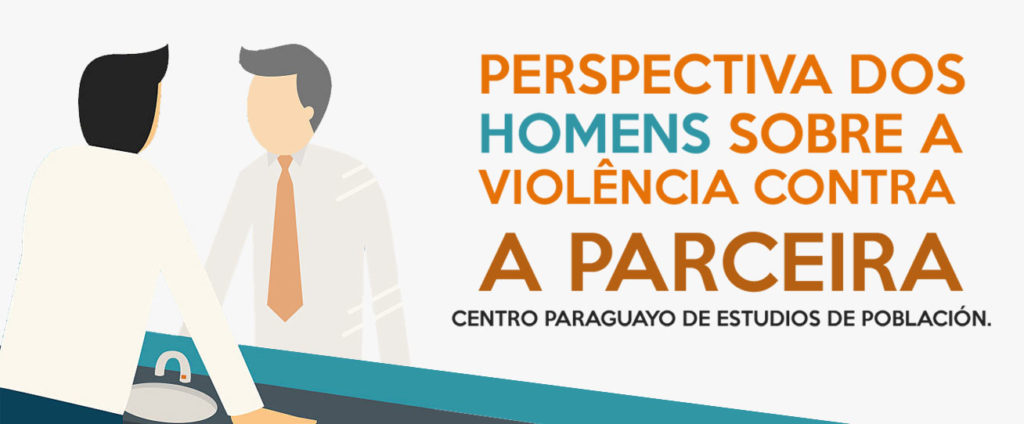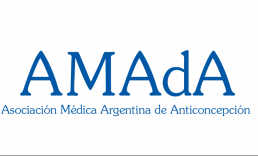CEMICAMP President becomes honorary member of AMAdA

The Asociación Médica Argentina de Anticoncepción (AMAdA) was founded in 1999 and has as one of its main goals: "to disseminate and promote scientific knowledge related to contraception", collaborating to achieve the highest standards in Sexual and Reproductive Health.
OAB Campinas fundraising campaign
The OAB Campinas Social Action and Women Lawyer Commissions start a solidarity campaign on behalf of the most needy patients attended by Hospital da Mulher Prof. Dr. J. A. Pinotti-CAISM. With the support of CEMICAMP (Research Center for Reproductive Health of Campinas), the initiative seeks to raise funds for the purchase of basic food baskets, medicines, personal hygiene products, clothes, orthoses, prostheses, among other items necessary for women from needy families and social vulnerability through the Volunteer Center.
According to the president of the Social Action Commission, Gabriela Nicolau Olmedo Consul, the funds raised in the campaign will be managed by CAISM and used to purchase items, according to the needs of each patient so that the largest number of women in difficulty are attended to at the moment. current pandemic.
The campaign will take place by means of a bank deposit (via PIX) in the account of the social responsibility area of CEMICAMP, with the amounts being fully transferred to CAISM. The presidents of the commissions of OAB Campinas, lawyers Gabriela Consul and Fábia Bigarani, are leading the organization of the campaign and the mobilization of the advocacy and the society.
to contribute
Key pix: malice@cemicamp.org.br
Itaú Bank – Ag. 0716
Account - 99154-2
CNPJ - 49,409,816/0001-62
Get to know our Social Actions, click here.
Research protocol on the impact of Covid-19 on pregnant and postpartum women and their babies

To better understand how Covid-19 infection during pregnancy can impact women and their newborns, the World Health Organization has developed a standardized investigational research protocol.
The protocol addresses key research questions, facilitating the collection and analysis of data and samples, allowing the comparison and unification of information from different locations, that is, different countries and centers can develop standardized studies with the same parameters, making them easily comparable. and generating much safer conclusions.
This protocol investigates the outcomes of pregnant or postpartum women who were exposed to the virus, and compares them with those who were not.
infected.
The aim is to determine whether infection with SARS-Cov-2 (Covid-19) during pregnancy increases the risk for problems in the woman or newborn. In addition, the study will be able to quantify the rate of vertical (from mother to unborn baby) and postnatal transmission.
It is expected that the findings of this study will be widely disseminated and used to inform the development of recommendations on the surveillance, management and counseling of women before, during and after pregnancy.
The implementation of this study protocol will help to shape public health policies and also future research protocols.
Since March 2020, in Brazil, Argentina and Chile, the adaptation and performance of this project has been carried out by REBRACO (Brazilian Network for the Study of Covid-19 in Obstetrics) and has several research centers in maternal and child health.
Research "Men's Perspective on Violence Against their Partner

It has long been studied how what we experience during childhood reflects on our adult life, including issues involving violence against women. A Doctor Maria Jose Osis She has a degree in Social Sciences from UNICAMP, a PhD in Public Health from USP, and is a CEMICAMP researcher. He recently collaborated on a research project "Perspectiva de los hombres sobre la violencia de pareja en Paraguay" of the Centro Paraguayo de Estudios de Población. The study brought, among many data, expressive statistics about how childhood punishments can perpetuate violence against a partner and its naturalization. In the study, 67.4% of the respondents consider moral violence against their partner justifiable, and 26% have witnessed physical aggression against their mothers or stepmothers. In addition, 89% suffered some kind of physical or moral punishment during childhood, and of these, 45% said they perpetuate attitudes of violence against their partners. The study was conducted with 1,000 Paraguayan men aged 29-40 and they were asked statements about: attitudes, beliefs, opinions, experiences, gender roles, rights, and perpetuation of family violence. The answers showed, in general, largely equitable opinions related to work, childcare, and gender roles, but this still contrasts with official data on the distribution and participation of men in unpaid domestic work, and the perception of violent attitudes as something justifiable and/or natural. This scenario is due to cultural, religious and socioeconomic factors, besides the already mentioned physical and moral aggressions suffered in childhood. The complete article with all the results and graphics can be accessed here: http://www.cepep.org.py/archivos/perspectivahombreviolencia.pdf
President and Senior Researcher Cemicamp makes up the list of the most influential researchers in the world.
The Doctor. Luís Bahamondes, president of CEMICAMP, and the Senior Researcher, Dr. Aníbal Faundes, makes up the list of the most influential scientists in the world!
The Journal Plos Biology (JPB) has just published the list of the 100 thousand most #influential #scientists in the world.
In addition to these #researchers, 600 others are also Brazilian, 54 belong to Unicamp - Universidade Estadual de Campinas and 10 are professors at the Faculty of Medical Sciences at UNICAMP. They are: Aníbal Faúndes, Luis Guillermo Bahamondes, Marilda Mazzali, Fernando Cendes, Lício Velloso, Mário José Abdala Saad, Gilberto De Nucci, Vital Paulino Costa, Aníbal Vercesi, and Sandro Esteves. Conducted by a team of researchers from Stanford University (USA), the study titled “updated science-wide author databases of standardized citation indicators” analyzed the Scopus database, which establishes two main researcher rankings: one measuring the researcher’s impact over their career and another assessing the impact of the researcher’s scientific output in a single year.
Check the complete list of UNICAMP researchers who are in the ranking of the 100,000 most influential in the world here: https://bit.ly/pesquisadoresunicamp








